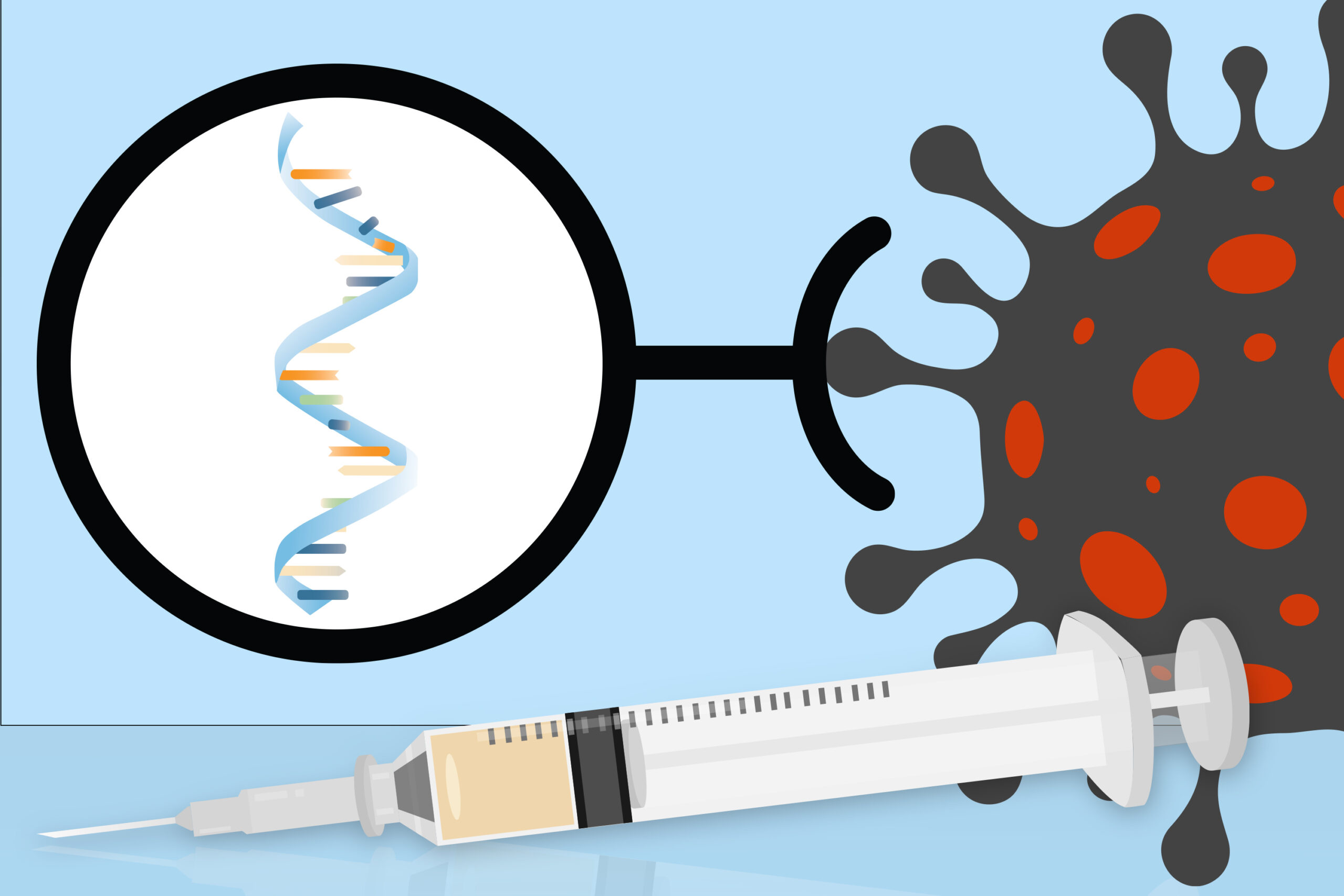COVID-19: How mRNA tech drives efforts for HIV vaccines, others – Fauci
The use of the Messenger Ribonucleic Acid (mRNA ) technology to produce COVID-19 vaccines has fueled interest in its use for HIV, malaria and other diseases, renowned HIV expert and immunologist, Dr Anthony Fauci has said. He stated this during a virtual meeting with journalists around the world ahead of the 4th HIV Research for […]

Messenger Ribonucleic Acid (mRNA) technology
The use of the Messenger Ribonucleic Acid (mRNA ) technology to produce COVID-19 vaccines has fueled interest in its use for HIV, malaria and other diseases, renowned HIV expert and immunologist, Dr Anthony Fauci has said.
He stated this during a virtual meeting with journalists around the world ahead of the 4th HIV Research for Prevention conference (HIVR4P virtual).
- Nigeria, Cuba to collaborate on COVID-19 vaccine production
- Okonjo-Iweala: I was surprised Trump blocked my WTO Job
He said, “There is a lot of interest now in using the Messenger Ribonucleic Acid technology not only for HIV, but malaria, TB and others. So we are going to see a lot of interest in the coming years.”
Fauci, who is also the director of the National Institute of Allergy and Infectious Diseases (NIAID) in the US, said Moderna (the company producing Moderna vaccines) is already collaborating with the institute to “do with HIV, what we did with COVID-19.”
Vaccines produced from this modern vaccine technology are called Messenger Ribonucleic Acid (mRNA vaccines) . The Pfizer and Moderna COVID-19 vaccines are mRNA vaccines.
According to the US Centres for Disease Control (CDC) , mRNA are different from other vaccines because most vaccines use weakened or inactivated versions or components of the disease-causing pathogen to stimulate the body’s immune response to create antibodies.
The mRNA vaccines on the other hand take advantage of the process that cells use to make proteins in order to trigger an immune response and build immunity against the disease.
For COVID-19 vaccines, for instance, mRNA can most easily be described as instructions for the cell on how to make a piece of the “spike protein” that is unique to SARS-CoV-2 – the virus that causes COVID-19.
Asked why a COVID-19 vaccine was developed within a year when the one for HIV has not been achieved in the 40 years of the epidemic, Fauci said, the research for COVID-19 vaccine actually started about a decade ago.
“The COVID-19 virus’s proper name is SARS-COV-2, and that’s because 10 years ago we were faced with SARS-COV-1. They are similar viruses, and the COVID vaccines were based on a 10-year research platform.
“We have considerable experience of decades with coronaviruses as 15 to 30 percent of all common colds are caused by coronaviruses. For instance, we dealt with Severe Acute Respiratory Syndrome (SARS) in 2002, Middle East Respiratory Syndrome (MERS) in 2012, and now the third pandemic is caused by novel coronavirus SARS CoV-2, commonly known as COVID-19,” he said.
Fauci, who made a presentation titled, ‘Ending AIDS: Maintaining Progress through the COVID-19 Epidemic’, also explained that there is a difference in the way the body’s immune system reacts to COVID-19 and the way it reacts to HIV.
He said, “The chances of developing a successful vaccine depends virtually on the body’s ability to respond to a natural infection in a way that eliminates the virus and gives you long-term immunity after eliminating the virus.
“With COVID-19, the vast majority of people do well. They become infected, they eliminate the virus and then they have immunity for a variable time, ranging from many months to a couple of years.
“As we all sadly know, that is not the case with HIV. There is no natural elimination of the virus.”
He said he predicted, in the beginning, that there would be a successful vaccine for COVID-19, adding, “ I didn’t say it because I was too confident, I just knew it, because history tells us that if the body has a good response, we can induce the body to respond.”
On vaccine skeptism and hesitancy, he advised that politics should be kept out of it, and instead the science should be explained so that people who have doubts will see that both the vaccines and the public health measures work.
He said since the start of the HIV epidemic in 1981, as many as 76 million people have been infected and the mortality rate of those who died from the disease is about 43 percent.
